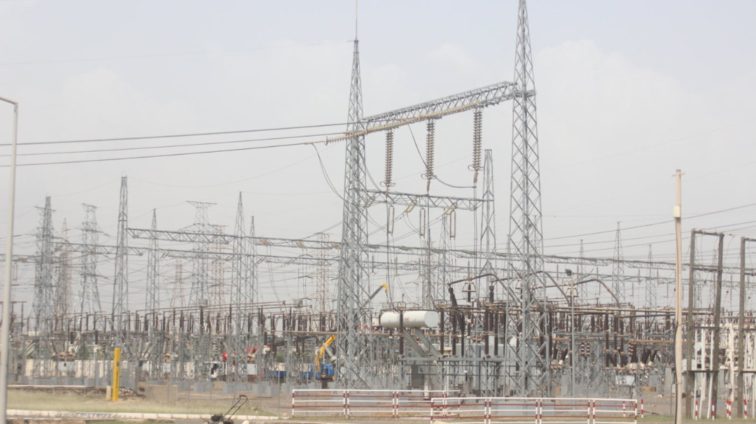
Audio By Carbonatix
World Bank (WB) Country Director to Ghana, Pierre Frank Laporte, says Ghana’s energy sector debt is a major contributor to her debt woes.
In an interview monitored by GNA, the country director indicated that his outfit had identified certain factors that were driving the country’s debt situations.
According to Mr Laporte, one of the factors the bank has identified is the energy sector.
He said the deficiencies in the sector characterised by the tariff systems and management issues coupled with expensive power purchases by the state in addition to the transmission losses, were the major problems in the energy sector driving Ghana’s debts.
He said the mismatch between the production cost of the Independent Power Producers (IPPs) vis-à-vis how much consumers paid led to an upsurge of debts since the Government could not make financial commitments to them (IPPs).
Mr Laporte also said the Power Purchasing Agreements (PPAs) the Government had signed were expensive. In addition to the exorbitant power purchases the country was paying for energy it does not use due to the ‘’take or pay contracts.’’
‘’In the case of Ghana, those contracts that have been signed as PPAs are just expensive and the kind of PPAs signed are take or pay. You pay although you do not use it. The fact is that in the past few years, Ghana entered into an agreement at the wrong rate and the wrong price, and it has impacted the debts situation.’’
He asked the Government to pursue some reforms in the areas of tariff adjustments, addressing the transmission losses through improved infrastructure and restructuring the power purchasing agreements consistent with the energy demands of the country to reduce a significant portion of the debts.
The WB Country Director acknowledged the progress made thus far via the recent increment and subsequent approval in tariff by the Public Utility Regulatory Commission (PURC), saying much could be achieved if the intended reforms in the energy sector were implemented.
He subsequently advised the Government to take advantage of the West African Power Poll, to provide cheap electricity for its people and industry.
According to the Fitch Ranks, the energy sector is the biggest driver of the national debt as the West African Country currently owes independent power producers to the tune of $1.58 billion.
Fitch Ranks also says the country had initially reached out to the IPPs to restructure their debts in view of the External and Domestic Debt Restructuring but the companies objected to the proposal.
Latest Stories
-
OSP’s preventive actions saved Ghana millions – Sammy Darko
7 minutes -
Galamsey cuts off cocoa farms in Mfantseman, farmers suffer heavy losses
53 minutes -
Ghanaian delegation set for January 20, 2026 trip to Latvia in Nana Agyei case – Ablakwa
2 hours -
Accra turns white as Dîner en Blanc delivers night of elegance and culture
4 hours -
War-torn Myanmar voting in widely criticised ‘sham’ election
6 hours -
Justice by guesswork is dangerous – Constitution Review Chair calls for data-driven court reforms
6 hours -
Justice delayed is justice denied, the system is failing litigants – Constitution Review Chair
6 hours -
Reform without data is a gamble – Constitution Review Chair warns against rushing Supreme Court changes
7 hours -
Rich and voiceless: How Putin has kept Russia’s billionaires on side in the war against Ukraine
7 hours -
Cruise ship hits reef on first trip since leaving passenger on island
8 hours -
UK restricts DR Congo visas over migrant return policy
8 hours -
Attack on Kyiv shows ‘Russia doesn’t want peace’, Zelensky says
8 hours -
Two dead in 50-vehicle pile up on Japan highway
8 hours -
Fearing deportation, Hondurans in the US send more cash home than ever before
8 hours -
New York blanketed in snow, sparking travel chaos
8 hours

